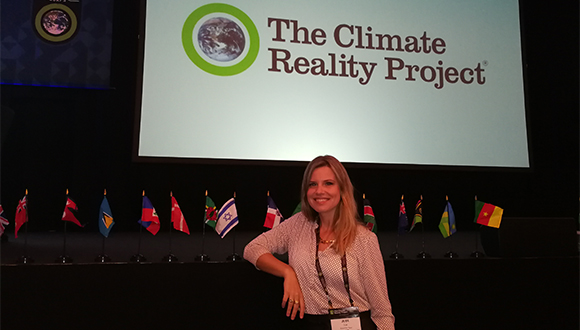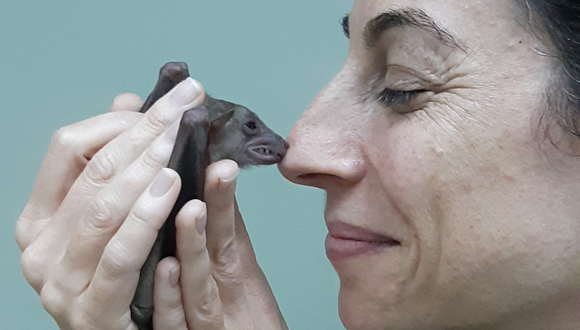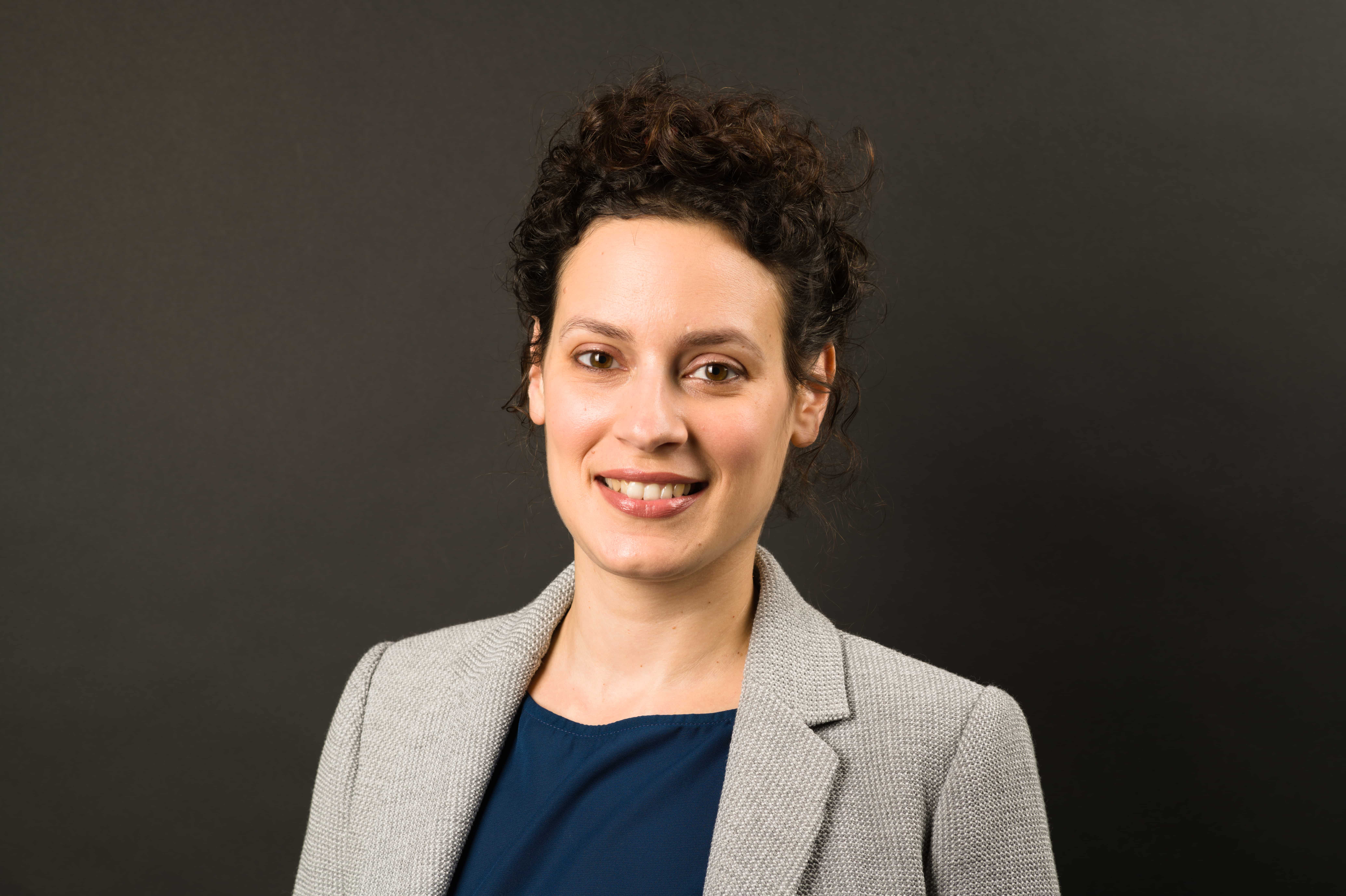
Meet the women behind the next groundbreaking scientific discovery
For International Women’s Day, TAU PhD students from different disciplines share their passion for research
This year, for International Women’s Day, we’d like to introduce you to some of the amazing women working on the next groundbreaking scientific discovery across the TAU campus.
Fixing the environment
Judy Lax is a doctoral student from the Department of Environmental Studies, who spends her time trying to solve the climate crisis in creative ways.
“For me, the climate crisis is the most important and urgent issue there is,” Lax says. “Every moment of my day I deal with the issue in two ways. First, through my research, led by Prof. Colin Price and Prof. Hadas Saaroni, we examine how the humidity in the air can be utilized to generate and store renewable energy in relatively high humidity areas, based on our knowledge of atmospheric electrical phenomena.
“At the same time, through a special project led by former United States Vice President Al Gore (known for his commitment to environmental issues), I give lectures for the general public, which is my way of passing on knowledge and ecological conviction. The combination of passing on knowledge, together with continuing research and trying to develop crisis solutions, is my way of working for the benefit of my daughters and all of our children, so that they have a cleaner and safer world.”

Bats are our future
What brings an experienced veterinarian like Dr. Maya Weinberg to go back to school and study bats?
“I ended up with the bats accidentally and stayed because they’re unlike anything else I knew before. So much about them is still unknown, and they have some extraordinary qualities,” says Dr. Weinberg, a doctoral student at the School of Zoology, part of Dr. Yossi Yovel’s research group. “It seems like everything about this animal is interesting and unusual: the social aspect, the immune system, their fertility, their healing. My PhD combines my love of bats as a clinician and as a researcher. I study the bats’ immune system in relation to non-harmful bacteria (microbium) and also bacterial disease.
“This is because I find bats to be a very healthy animal, and if there is a dominant disease in them, it comes from bacteria (and not from viruses, which people are used to blaming). I have a good adviser who gives me a lot of guidance when necessary but also a lot of freedom. I’m also a mother of three girls, which shows you can do both. When I grow up, so to speak, I want to be at the center of things, researching and being creative. Which is exactly what I’m doing now. My message is clear: always follow what interests you.”

Engineering with beetles
Dr. Bat-El Pinchasik, of the School of Mechanical Engineering, was fascinated by the creative ways beetles and lizards utilize the water around them, and today she develops biomimetic systems that mimic desert animals’ solutions to water scarcity.
“Insects and lizards that live in areas where water is inaccessible need to collect it from other sources. For example, from the air and morning fogs,” explains Dr. Pinchasik. “At times when temperatures are lower, when there’s higher wind and humidity in the air, the air condenses on their bodies. Evolution has made them ‘smart surfaces’ that spontaneously transport the water that has collected directly into their mouths.”
For example, the Texas horned lizard has three-dimensional trenches on its back that serve as its “pipeline”. With the Namib Beatle beetle, most of the body is hydrophobic (water repellent), but it’s sprinkled with hydrophilic micrometric protrusions, which concentrate the droplets in defined places, and roll them directly into the beetle’s mouth. “Our ambition is to define the laws that make such systems effective, to develop smart materials similar to beetles, and to use advanced 3D-printing technologies to build systems that can change lives in areas where water is inaccessible.”

Over the past week, we’ve shared the stories of these women of science on our LinkedIn page, which you can follow for more interesting stories in the future. For now, we wish you a happy, productive and educational International Women’s Day.
